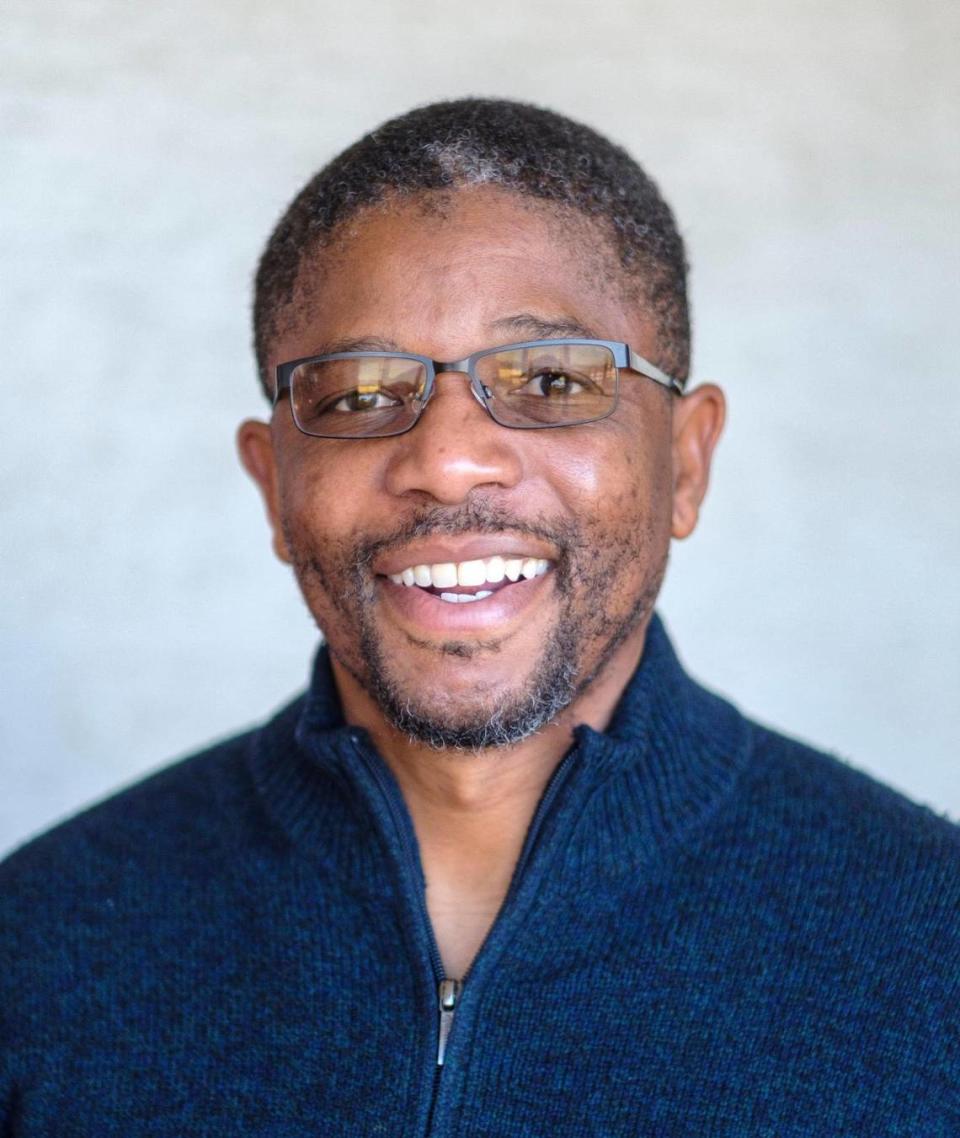SC’s new transgender law isn’t brave, and it doesn’t protect children | Opinion
- Oops!Something went wrong.Please try again later.
South Carolina just joined the ranks of every Southern state this side of Virginia to further demonize and terrorize one of the most vulnerable groups of people. My native state has made it nearly impossible for members of the transgender community to get the health care they need.
Gov. Henry McMaster signed into law a bill that would prevent medical professionals from overseeing hormone treatments and providing puberty blockers for children and teens, or performing gender-transition surgeries. It forces educators to inform parents if their children want to use anything other than their legal name or pronouns that don’t match their birth sex. The law even goes after transgender adults by barring Medicaid from providing transgender care for people up to 26 years old.
It’s a hateful law being touted as one designed to protect children.

“I signed the Help not Harm bill into law, which protects our state’s children from irreversible gender transition procedures and bans public funds from being used for them,” McMaster posted on X, formerly Twitter.
The law is hateful because it is politically motivated and shows zero regard for a tiny community of people whose suicide rate is already ungodly high because society — particularly in the South — doesn’t accept them as full human beings to be loved. It pretends to solve a problem that doesn’t exist.
Medical professionals have repeatedly said transgender youth are not undergoing transition surgeries in South Carolina, or being rushed into invasive treatments. Actually, the opposite is true. It has long been quite difficult for transgender youth, or adults, to get the care they need. A small number receive puberty blockers — drugs that have been used in non-transgender youth for decades — only after a long consultation process that includes medical specialists, parents and their children.
The number of transgender youth in South Carolina is so small, no one can say for certain if there are enough transgender athletes in public schools to fill the roster of a single basketball team. And yet, McMaster and a host of other politicians will line up next week to for a photo-op, smiling as they sign into law a bill that enshrines hate. They don’t seem to care that transgender youth, and transgender adults for that matter, face a cruel world that far too often questions their very existence, their worth.
They are taking us backwards even as the positive effects of gender-affirming care become more clear. A recent survey of 92,000 trans and nonbinary people said they were more satisfied with their lives after transitioning. Of those who received hormone treatments, 98 said they were more satisfied with their lives. That’s despite transgender people also reporting financial challenges, experiencing an 18% unemployment rate — more than four times the national average, — about one third being verbally harassed, and 3% percent being physically attacked because of their identity.
It’s an astonishing result, evidence of a group of vulnerable people finding a way to be resilient in the face of constant bigotry and deep-seated ignorance.
There’s no reason to believe conservatives’ claim that they are for small government. Just as with abortion, politicians such as McMaster, and throughout the South, have no problem getting in the way of patients and medical professionals. They aren’t ashamed to substitute their judgment for those of loving parents confused about how to love their children while dealing with a unique, sensitive situations.
These politicians are comfortable vilifying and belittling young people already exposed to the resentment and hostility of strangers even as they struggle to come to grips with their own identities. And it’s happening during a period in American history in which transgender people are more visible than ever but unprotected by elected officials who are supposed to be concerned about all of us.
The governor wasn’t being brave when he signed that hateful bill into law, but transgender people who live in South Carolina are forced to be because of men like him.
Issac Bailey is a McClatchy Opinion writer in North and South Carolina.

